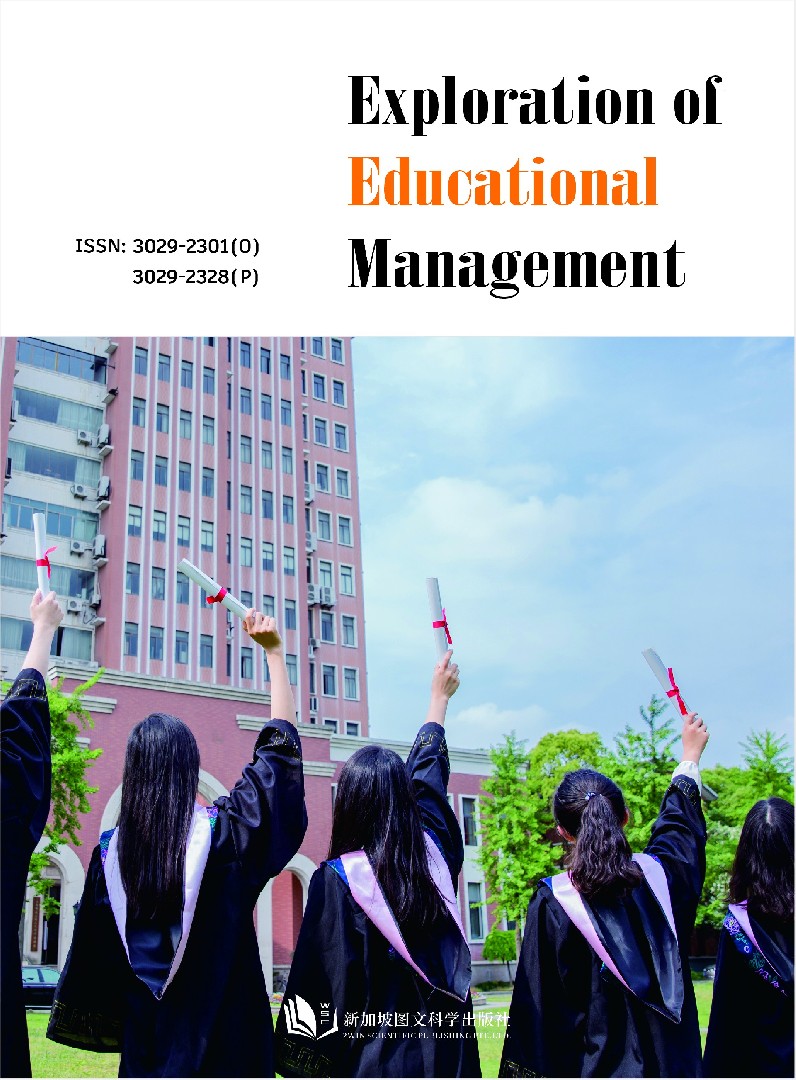作者
Zijun Long
文章摘要
In this study, based on work-life balance theory, we would like to examine the relationship between extracurricular activities after daily class, recovery experience, and learning engagement the next day. 441 students reported the duration of 4 types of out-of-class activities and their recovery experiences. The learning engagement was reported the next noon. As predicted, physical activities increased learning engagement the next morning through enhanced recovery experiences. Coursed-related tasks reduced physical learning engagement because these activities diminished recovery experiences, but low-effort and social activities could not enhance learning engagement the next morning as predicted.
文章关键词
Out-of-class Activities, Recovery Experience, Learning Engagement
参考文献
[1] Baria, K., & Gomez, D. (2022). Influence of social support to student learning and development. International Journal of Research Studies in Education, 11 (2), 69-97.
[2] Yangdon, K., Sherab, K., Choezom, P., Passang, S., & Deki, S. (2021). Well-being and Academic Workload: Perceptions of Science and Technology Students. Educational Research and Reviews 16(11):418-427.
[3] Meijman, T.F., & Mulder, G., “Psychological aspects of workload,” In P.J.D. Drenth, and H. Thierry (Eds.), Handbook of Work and Organizational Psychology, Hove: Psychology Press, 5-33, 1998.
[4] Hobfoll, S.E. (1989). Conservation of resources. A new attempt at conceptualizing stress. American Psychologist, 44(3): 513-524.
[5] Kim S., Jeong, H., Cho, H., & Yu, J. (2023). Extracurricular activities in medical education: an integrative literature review. BMC Medical Education, 23(1): 278-278.
[6] Sonnentag, S. (2001). Work, recovery activities, and individual well-being: A diary study. Journal of Occupational Health Psychology, 6: 196–210.
[7] Teuber, M., Leyhr, D., & Sudeck, G. (2024). Physical activity improves stress load, recovery, and academic performance-related parameters among university students: a longitudinal study on daily level. BMC Public Health 24:598.
[8] Pine, R., Fleming, T., McCallum, S., & Sutcliffe, K. (2020). The Effects of Casual Videogames on Anxiety, Depression, Stress, and Low Mood: A Systematic Review. Games Health Journal, 9(4):255-264.
[9] Mar, R. A., Mason, M. F., & Litvack, Aubrey (2012). How daydreaming relates to life satisfaction, loneliness, and social support: The importance of gender and daydream content. Consciousness and Cognition, 21(1): 401-407.
[10] Fritz, C., & Sonnentag, S. (2007). Recovery, well-being, and performance-related outcomes: the role of workload and vacation experiences. Journal of Applied Psychology, 91(4): 936-945.
[11] Jia, M., & Cheng, J. (2024). Effect of teacher social support on students’ emotions and learning engagement: a U.S.-Chinese classroom investigation. Humanities and Social Sciences Communications, 11: 158.
[12] Zhang, G., Feng, W., Zhao, L., Zhao, X., & Li, T. (2024). The association between physical activity, self-efficacy, stress self-management and mental health among adolescents. Scientific Reports, 14: 5488.
[13] Okano, K., Kaczmarzyk, J.R., Dave, N., Gabrieli, J. D. E., & Grossman., J. C. (2019). Sleep quality, duration, and consistency are associated with better academic performance in college students. NPJ Science of Learning, 4: 16.
[14] Schaufeli, W. B, & Bakker, A. B. (2003). Utrecht Work Scale, Preliminary Manual (Version 1, November 2003).
Full Text:
DOI
